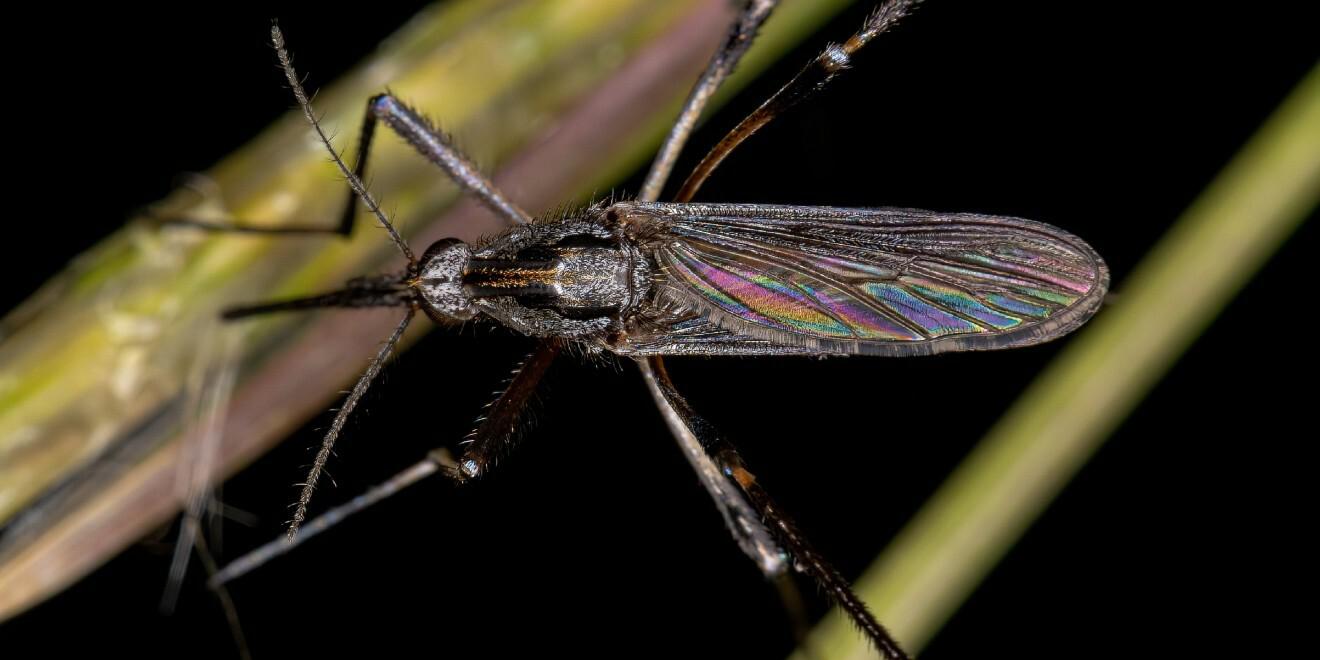A New Pest Is Moving Our Way: Lone Star Ticks
Posted by Mosquito Squad
April 11, 2016
In Massachusetts, when you think of ticks what probably comes to mind are deer ticks and dogs ticks. According to the Angell Animal Medical Center there is now a 3rd tick to concern yourself with – the Lone Star tick. Until recently these ticks were only common in the southeast, but they are making their way north. The presence has been seen here in Massachusetts, and Dr. Catherine M. Brown, Massachusetts public health veterinarian says that “we expect continued and growing evidence of the lone star tick in Massachusetts.”
What is a Lone Star Tick?
Lone Star ticks are small, the size of a seed maybe, and brown in color. The females have a white dot in the middle of their backs, making them easy to distinguish from the dark black spot on the back of a deer tick. Lone Star ticks are different from what we have come to expect from ticks in many ways. They move very quickly, have excellent vision, they are aggressive and they actually swarm which makes them much more dangerous for our pets.
This year’s mild winter seems to have made for a surge in tick activity already. Ticks survive in colder weather than people imagine as long as they have the moisture and food host they require. With a mild winter not only are more ticks out, people and their pets are out moving amongst them more. The Boston Globe reports an increase of 125% in tick-borne illness in dogs as this same time last year.
The Danger of Lone Star Ticks in the South Shore
Lone Star ticks can carry Rocky Mountain Spotted Fever (RMSF), Tularemia, Ehrlichiosis, and STARI. STARI is a rash that is not so harmful and can be treated, but it also looks very similar the rash that comes with Lyme disease so a patient may be treated as if he has Lyme. RMSF, Tularemia, and Ehrlichiosis can also be treated, but without treatment, there can be severe complications.
Ticks do not only live in rural wooded areas. They are in our parks and yards. To avoid ticks and tick-borne diseases, prevention is your best option. Mosquito Squad of Southeastern Mass offers tick control services which can eliminate 85-95% of the ticks in your yard. Let us tell you how our barrier treatment and tick tube system works together to keep your family and pets protected. Call today.















